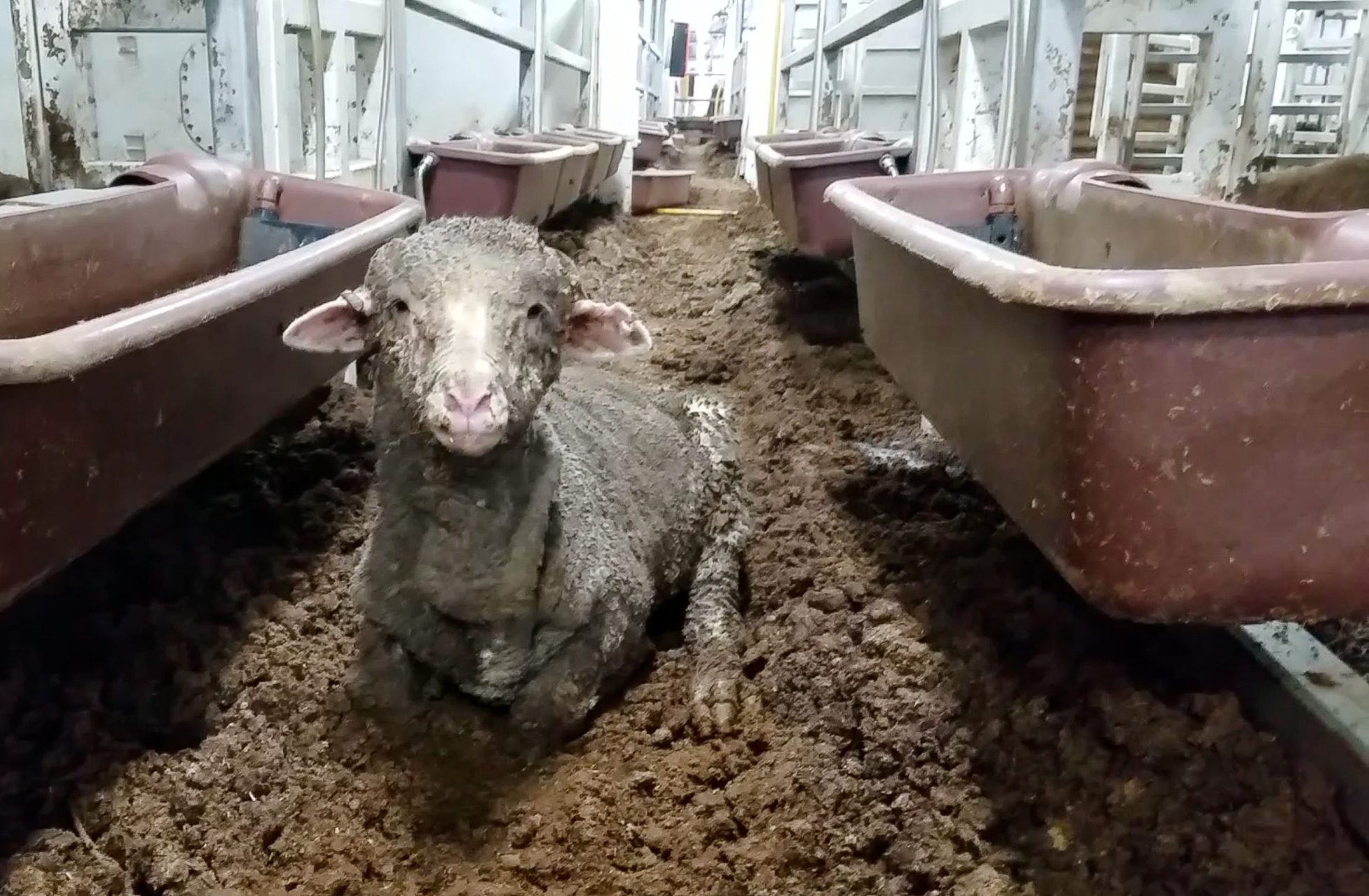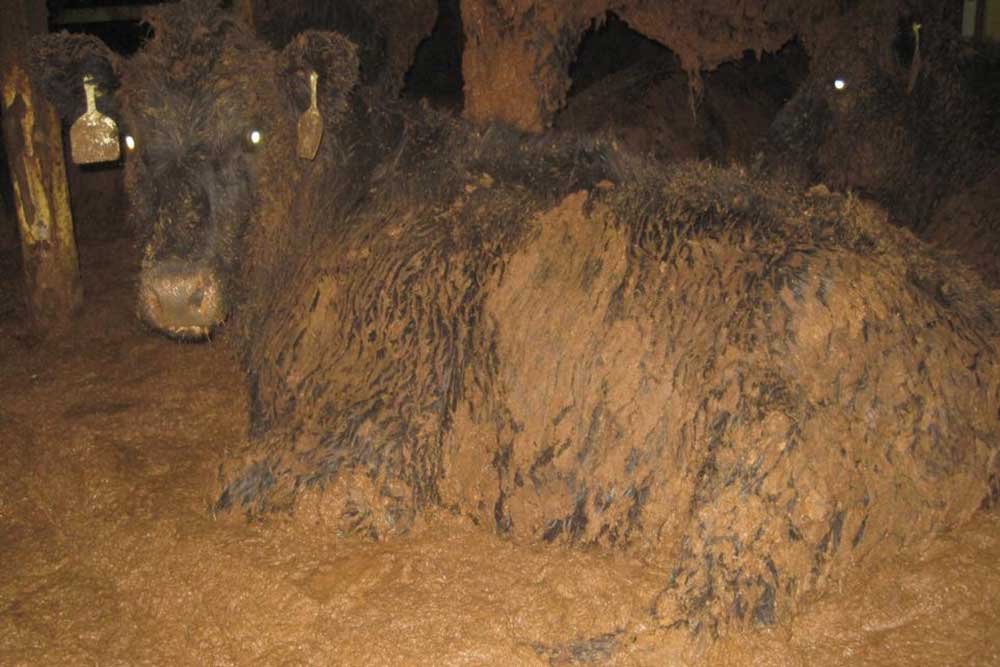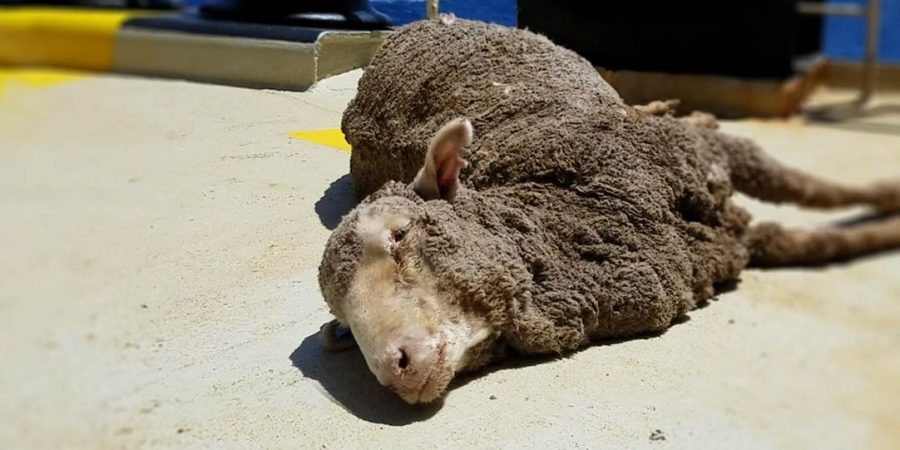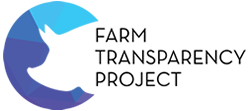Live Export
Introduction

Australia is a significant exporter of live animals, including cattle, sheep, goats and buffalo. In 2023, the Australian Bureau of Statistics reported that 1,324,141 live animals were exported by sea and air. This included approximately 684,287 sheep, 623,095 cattle, 14,331 goats and 2,428 buffalo. Australian live export animals are sent to Indonesia, Vietnam, China, Japan, Kuwait, Oman, Israel, Jordan, Saudi Arabia, Qatar, Malaysia, Singapore, the Philippines and the United Arab Emirates.
Citation: LiveCorp - State of the Industry 2023 - State of the Industry
Conditions During Transport
Live export voyages can take several weeks, with animals confined to crowded spaces, often standing in their own waste, leading to hygiene related illnesses and injuries. Sheep are particularly vulnerable to heat stress, especially on voyages from Australia’s winter into the intense heat of the Middle Eastern summer.

The Australian Standards for the Export of Livestock (ASEL) regulate stocking densities, ventilation, food and water access. However, investigations and reviews including the independent 2018 McCarthy Review, have highlighted ongoing welfare issues, particularly in extreme heat conditions and stocking densities.
Citations:
Independent Review of Conditions for the Export of Sheep to the Middle East During the Northern Hemisphere Summer - www.agriculture.gov.au/sites/default/files/sitecollectiondocuments/biosecurity/export/live-animals/mccarthy-report.pdf
Slaughter Practises in Destination Countries
Australia’s Exporter Supply Chain Assurance System (ESCAS) was developed to ensure animals are handled and slaughtered according to internationally recognised welfare standards. Despite this, multiple reports and investigations have documented breaches, including animals being handled roughly, restrained improperly and slaughtered while fully conscious.
Sheep Live Export Phase Out

The Australian Government’s decision to phase out live sheep exports by sea by 1st May 2028, followed extensive consultation and analysis led by an independent panel appointed in March 2023. The panel reviewed over 800 written submissions, 3,300 survey responses, existing data and commissioned analyses before submitting its final report to the government on 25 October 2023. While the phase out marks a significant step for animal welfare, live exports of cattle, goats and buffalo will continue.


